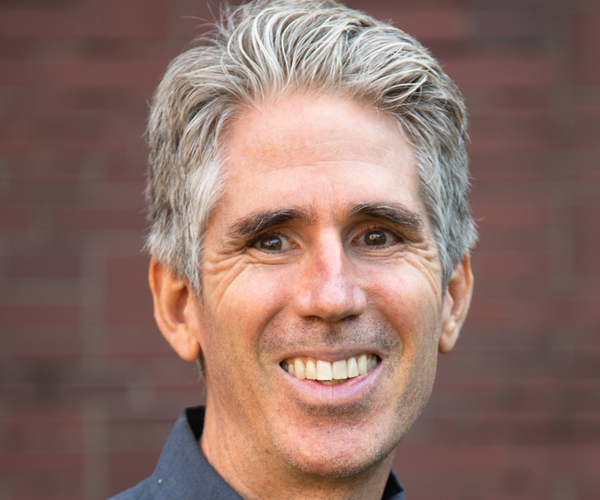
When oxygen is in short supply, cells employ glycolysis rather than respiration to burn sugar for energy. Otherwise, most cells respire. This makes sense, as respiration produces 15 times as much ATP—the main currency of cellular energy—as does glycolysis. But cancer cells and activated T cells resort to glycolysis regardless of how much oxygen is available, a phenomenon known in cancer as the Warburg effect. Scientists have long believed that this is mainly because glycolysis is faster in terms of generating ATP per unit mass of protein. Researchers co-led by Ludwig Princeton’s Joshua Rabinowitz interrogated this assumption and reported in a March issue of Nature Chemical Biology that aerobic glycolysis does not in fact generate ATP faster than respiration. Their studies employing proteomic and metabolic flux analysis found this to be true across different yeast species, T cells, cancer cells and tissues and tumors. Aerobic glycolysis instead correlates with higher levels of glycolytic protein expression, which can support the proliferation of cells if hypoxia occurs. Josh and his colleagues show that yeast strains that perform aerobic glycolysis do not grow better in aerobic conditions but do outgrow their respiratory counterparts in anaerobic conditions. Based on their findings, the researchers propose that aerobic glycolysis emerges in cells that need to maintain the capacity for growth in both low and normal oxygen conditions.
Mitochondrial ATP generation is more proteome efficient than glycolysis
Nature Chemical Biology, 2024 March 6